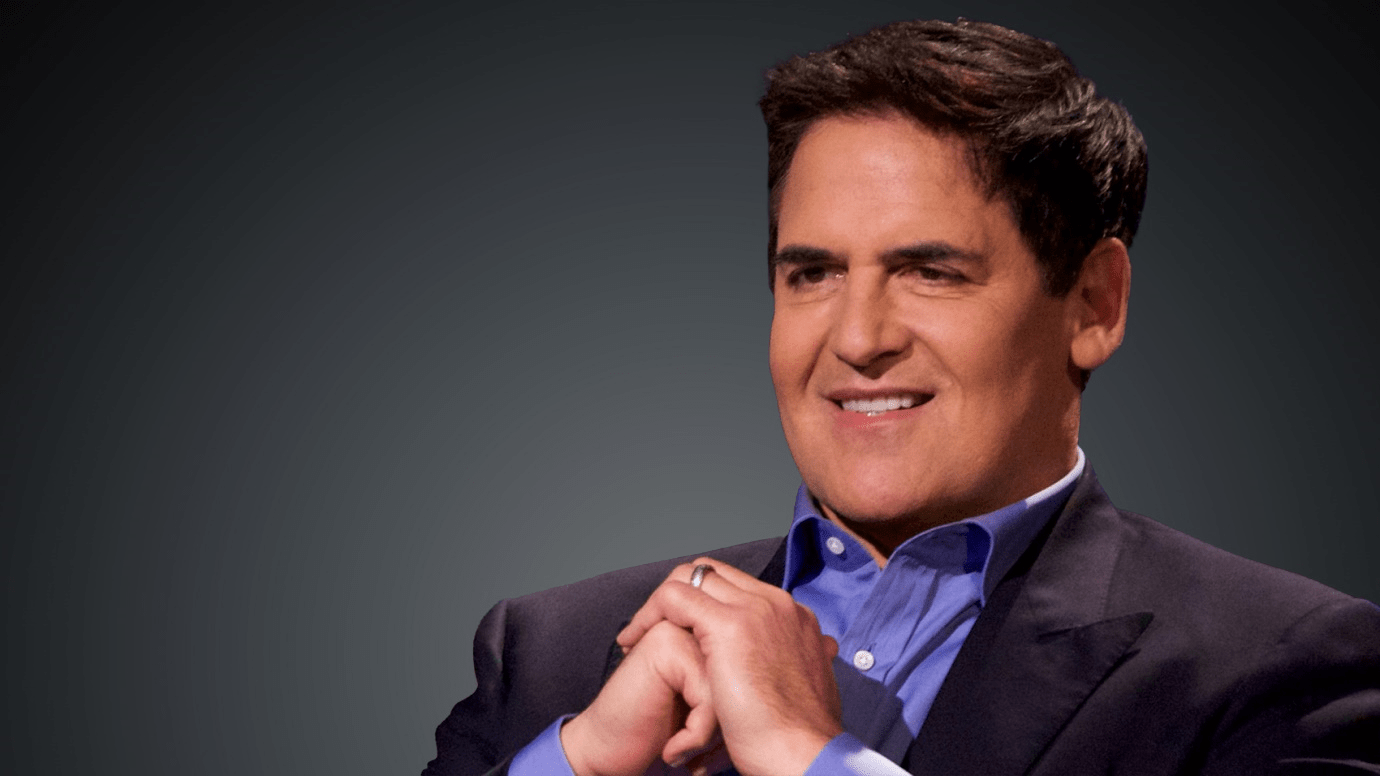
Why Skills-First Leadership Is Replacing the Ivy League Playbook in the C-Suite
The old prestige pyramid—where Ivy League degrees and blue-chip consulting backgrounds paved the way to the CEO seat—is cracking.

January 21, 2022: One defining moment for billionaire investor Mark Cuban led him to go all-in on cryptocurrency.
“I always paid attention to bitcoin, the pricing, the tokens, and the cryptocurrencies,” Cuban told Miami Mayor Francis Suarez at The North American Bitcoin Conference. “But what got me into it was, about a year ago, when I minted my first NFT,” he added.
NFTs, or nonfungible tokens, are unique digital assets. Minting an NFT is the process of turning an investment into a token that’s represented on the blockchain. It allows NFT owners to prove that they own the asset and sell it if they want.
For Cuban, the opportunity to earn royalties on secondary sales of his NFTs was huge.
“The fact that you can take a digital file, audio, video, picture, and not only mint it to sell it but also attach royalties to it, I’m like, ‘How can you do that?’ as you can’t do that with anything physical,” the “Shark Tank” investor and Dallas Mavericks owner said.
After knowing more, Cuban learned about smart contracts, which are collections of code that carry out a set of instructions on the blockchain. Intelligent contracts are crucial for NFTs and other crypto projects, such as decentralized finance or Defi applications. “To me, that’s very disruptive,” he said.
“NFTs, while they’re hot and everybody is talking about them, they’re more just a proof of concept for what you can do with smart contracts and decentralization,” Cuban told Suarez.
As of now, Cuban considers himself a crypto “evangelist,” he said. He’s extremely bullish in the space and has a cryptocurrency portfolio of various digital coins, NFTs, and investments in many blockchain companies.

The old prestige pyramid—where Ivy League degrees and blue-chip consulting backgrounds paved the way to the CEO seat—is cracking.

Loud leaders once ruled the boardroom. Charisma was currency. Big talk drove big valuations.

But the CEOs who make history in downturns aren’t the ones with the deepest cuts

Companies invest millions in leadership development, yet many of their best executives leave within a few years. Why?

The most successful business leaders don’t just identify gaps in the market; they anticipate future needs before anyone else.

With technological advancements, shifting consumer expectations, and global interconnectedness, the role of business leaders

Following a distinguished Law Enforcement career Joe McGee founded The Securitatem Group to provide contemporary global operational specialist security and specialist security training products and services for private clients, corporate organisations, and Government bodies. They deliver a wide range of services, including complete end-to-end protection packages, close protection, residential security, protection drivers, and online and physical installations. They provide covert and overt investigations and specialist surveillance services with a Broad range of weapons and tactical-based training, including conflict management, risk and threat management, tactical training, tactical medicine, and command and control training.

Jay Wright, CEO and Co-Owner of Virgin Wines infectious energy, enthusiasm, passion and drive has been instrumental in creating an environment that encourages talent to thrive and a culture that puts the customer at the very heart of every decision-making process.

Fabio de Concilio is the visionary CEO & Chairman of the Board at Farmacosmo, a leading organization dedicated to mental health and community support services. With a deep commitment to identifying and meeting customer needs, Fabio ensures that high standards are maintained across the board.

Character Determines Destiny – so said Aristotle. And David CM Carter believes that more than anything else. For David, it has been numerous years of research into codifying Entelechy Academy’s 54 character qualities that underpin everything he stands for as a leader and teacher.


Leave us a message
Subscribe
Fill the form our team will contact you
Advertise with us
Fill the form our team will contact you